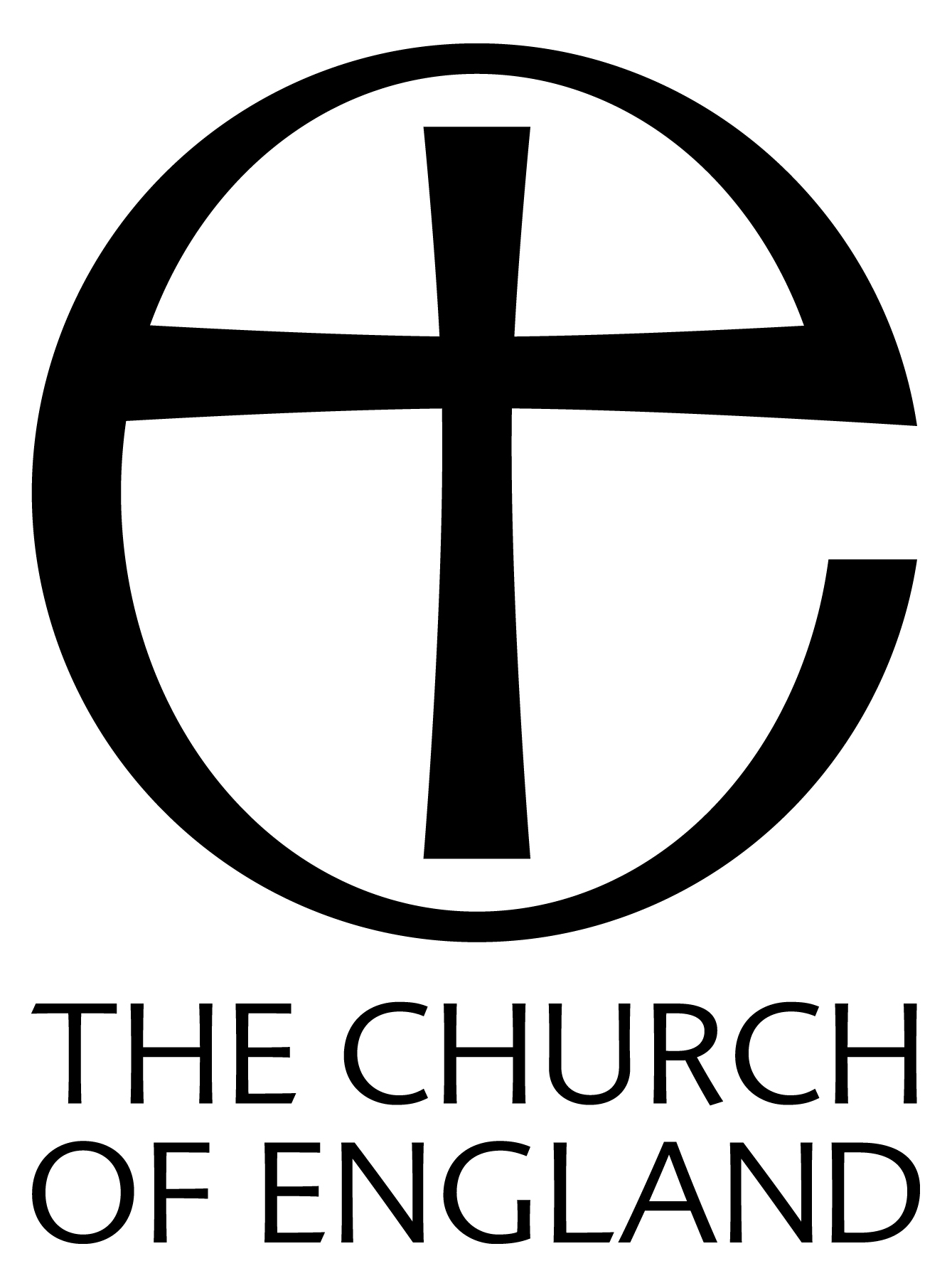31
According to Poulson, a George Coke was appointed to Withernwick in 1639, and it may well be that he and the Curate of Drypool are the same person. Perhaps he was not politically minded and retired quietly into the country before Hull and its neighbourhood became the centre of the storm. He may even have taken refuge in the town, although there is nothing to bear this out.
During the troubles Hull became a sanctuary for those whom Sir Hugh Chomley calls the" precision clergy," i.e. those of Puritan sympathies. Such a one was Robert Luddington, Rector of Hotham, who intruded himself
into Sculcoates and is returned as " preaching minister" there in the previously mentioned Survey. During the second siege of Hull, Luddington with several others "entered into a church state," which marked the beginning of an Independent Congregation. There is a condensed history of this church in its first Minute Book, now in the keeping of St. Ninian's Presbyterian Church, and by the courtesy of the minister, the Reverend J. Johnston Martin, I have been able to examine this. Whilst we must respect Luddington's sincerity, it seems reprehensible that an ordained minister of the Church should start up a schismatic body and later should act as Pastor to it. There is ample evidence that Luddington neglected his duties at ScuIcoates. From 1639-1662 there are no entries in the register there, except for several which have been inserted later. By contrast at Drypool, although we know the living had been vacant for at least 4t years, there is no gap in the records, but the writing is so faded and difficult to decipher that it is impossible to identify the hand.
Luddington died in 1662, and in passing it is interesting to note that his successor as Pastor of the Independents was Richard Astley, who, having refused the oaths, was turned out from the living of Blackrode in Lancashire. Calamy says he was a " very moderate, pious man, of a winning disposition and behaviour. . . a very edifying, practical preacher." On his death in 1696 he was buried in Drypool churchyard, where his son had been interred fifteen years before.
|
32
CIVIL TROUBLES
There were other troubles besides political ones. The low-lying land near the Humber was always liable to flooding and Hollar's engraving shows a bank parallel to the river and just to the south of the church. The people of Drypool were responsible for keeping that and the river banks in repair, but disaffection was in the air, and the inhabitants felt they should not be entirely responsible for something which benefitted the whole community. In 1647 those who were responsible for the collection of the rates for this purpose refused to act. They were brought up before the Court of Sewers, and having been found guilty were lodged in York Castle. This gave them time for contemplation, and when they realised they were missing the hay harvest, and the corn harvest was approaching, they petitioned for their release. Once again they were brought before the Court, where they confessed they were "sorie for their forwardness and former obstinacie," and were acquitted. Another case came before the court in the same year. The men of Drypool protested against having to bear the cost of maintaining the river banks. The case had dragged on for some time, and the Court threatened a fine of £1,000. In 1643, the soldiers quartered in the Blockhouses made matters worse by breaking down and stealing the wooden defences, whilst a "hideous and mighty winde " wrought further devastation by causing a high tide which carried away what was left. The Court, however, compromised, taking into account the " unhappy warres," and" the mighty power of God," levying a rate on the inland townships to make a loan to the men of Drypool.
Bench Book V of the Hull Corporation mentions another problem of the time. On 15th August, 1644, it was ordered that, "A Collection shall be made on Sunday next in both Churches of this Towne for reliefe of one, Thomas Fisher who was borne at Dripole and has been a Captive in Argier about six yeares and a halfe in miserable slavery as by his letter now shown to this Bench appears."
|

